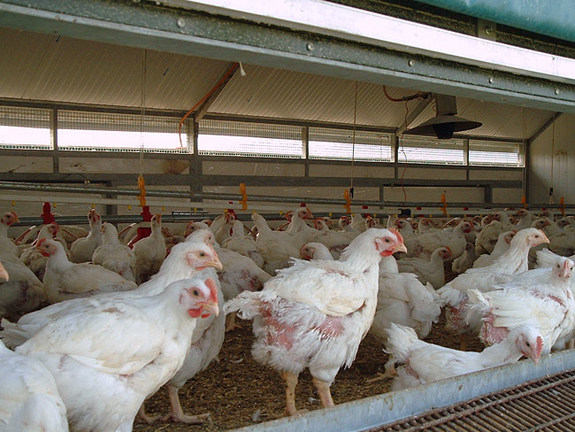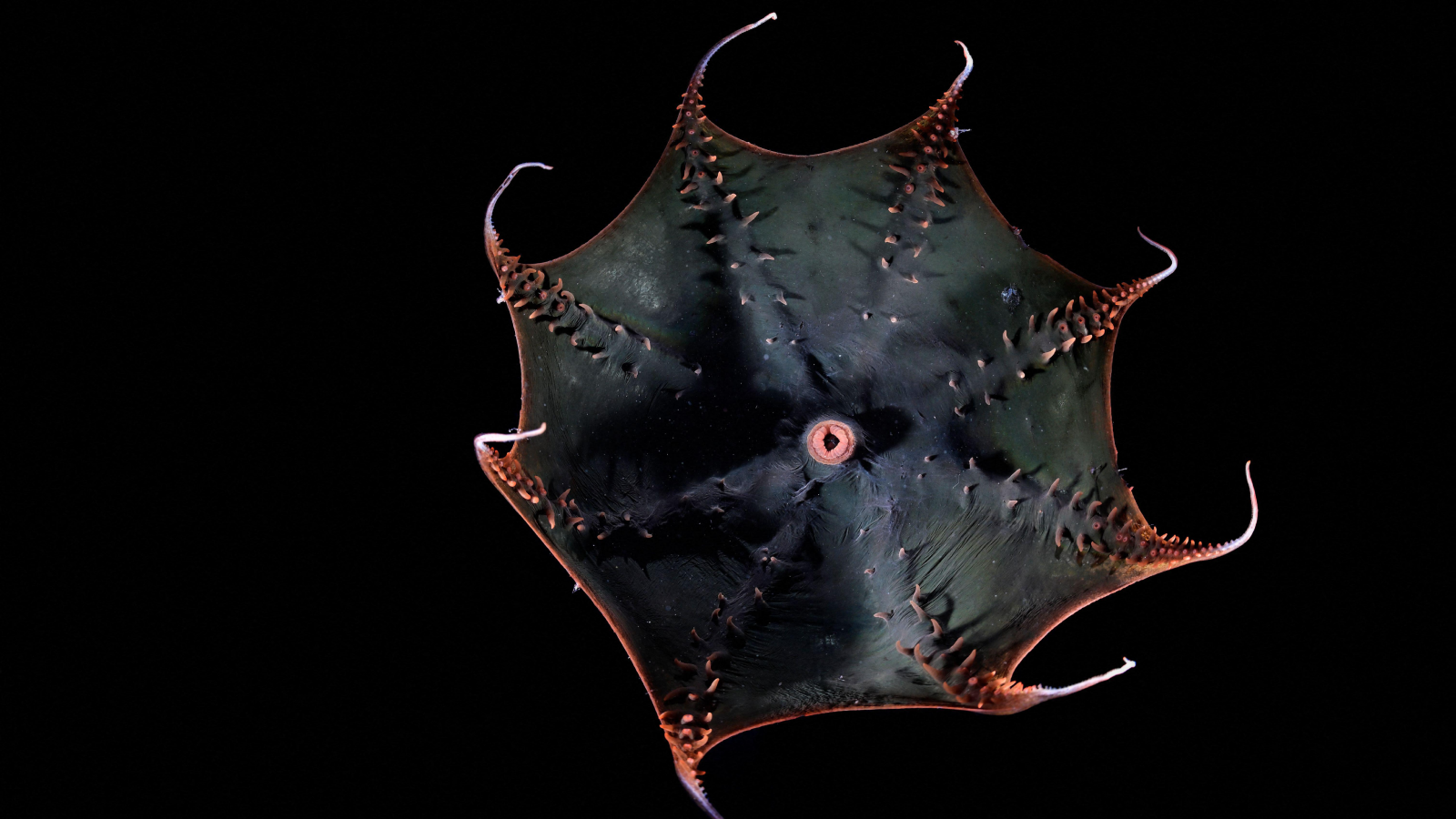
SAN MATEO, Calif. — Fake eggs made from plant materials could one day replace chicken eggs, one researcher says.
Though egg substitutes of various types have been around for decades, more scientific methods could finally produce new products that actually taste good, said Josh Tetrick here on Sunday (May 19) at this year's Maker Faire Bay Area, a two-day celebration of DIY science, technology and engineering.
Admittedly, he has a dog in the fight: Tetrick is the CEO of Hampton Creek Foods, a company based in San Francisco, Calif., that is developing plant-based egg substitutes. [Maker Faire Bay Area 2013 (Photos)]
Industrial production
Every year, hens lay 1.8 trillion eggs around the world, and 99 percent of these hens live in cramped cages where they never see sunlight, stew in their own waste, and are fed massive amounts of food and antibiotics to boost their production and keep them from becoming ill, Tetrick said.
"This system is crying out for just a little bit of innovation," he said.
The production of eggs and other livestock is also environmentally taxing, he said. For instance, livestock consume more food than it would take to feed the 1.3 billion people who go to bed hungry every night, and are responsible for 51 percent of greenhouse gas emissions due to flatulence and land needed to produce their food, he said.
Get the world’s most fascinating discoveries delivered straight to your inbox.
For centuries, people have come up with egg and meat alternatives, with decidedly mixed results. But only 8 percent of plant species have been explored for food alternatives, so there could be many others that would work to replace eggs. Venture capitalists are optimistic as well: Many are betting on healthy food startups, including companies searching for meat and egg replacements, according to Tetrick.
Fake eggs?
To get better results, Tetrick's company is deconstructing the egg systematically.
For instance, eggs have some amazing properties, such as the ability to enable oil and water-based foods to mix permanently. (This emulsifying property is what makes mayonnaise stay creamy.) So the company is analyzing hundreds of different plant-based compounds to determine how well they emulsify.
To replace eggs in baked goods, the scientists are making hundreds of "microcakes" with candidate replacements in test tubes; they are also analyzing the protein content and molecular weight of many different compounds to make sure they can replace the nutritional benefits of eggs.
So far, the company has created a powdered egg product for baked goods. It was convincing enough that billionaire Bill Gates tried a muffin (not at Maker Faire) andcouldn't tell the difference.
Their next step may be more challenging: making a satisfying scrambled egg. On that front, they've found a plant from Asia that coagulates, or turns solid, with heat, the process that scrambles the eggs.
Follow Tia Ghose on Twitterand Google+. Follow LiveScience @livescience, Facebook & Google+. Original article on LiveScience.com.

Tia is the editor-in-chief (premium) and was formerly managing editor and senior writer for Live Science. Her work has appeared in Scientific American, Wired.com, Science News and other outlets. She holds a master's degree in bioengineering from the University of Washington, a graduate certificate in science writing from UC Santa Cruz and a bachelor's degree in mechanical engineering from the University of Texas at Austin. Tia was part of a team at the Milwaukee Journal Sentinel that published the Empty Cradles series on preterm births, which won multiple awards, including the 2012 Casey Medal for Meritorious Journalism.


